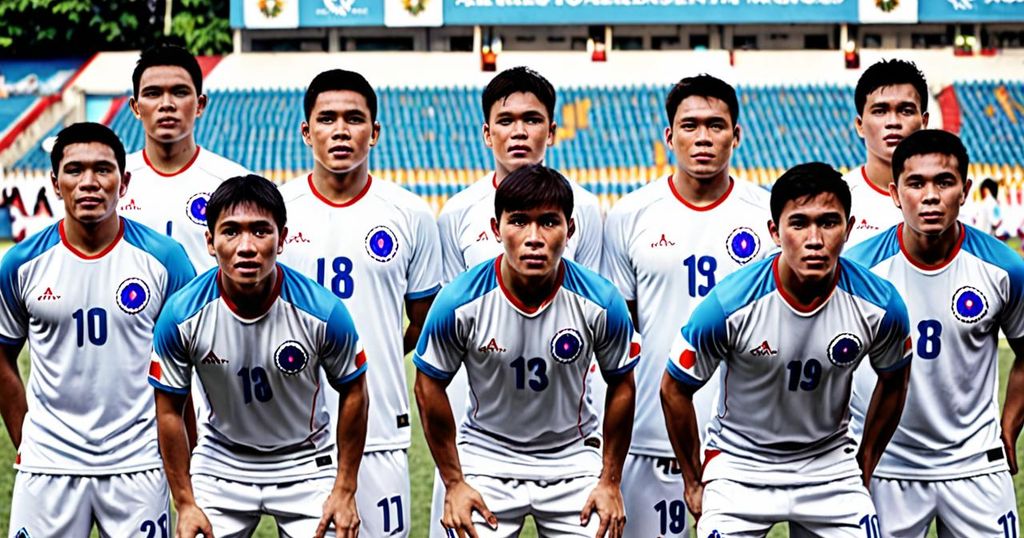The Philippine national men’s football team, known as the Azkals, is currently in the midst of a significant transformation. Head coach Hans Michael Weiss, who is now in his second term leading the team, has placed great emphasis on the need for a comprehensive overhaul in order to better compete in international competitions.
Weiss has highlighted the critical importance of looking beyond simply recruiting overseas players, particularly from European nations, to strengthen the team’s roster. He has observed that several other countries in Southeast Asia have been actively naturalizing players to bolster their respective squads. In response to this trend, Weiss believes that solely acquiring Filipino-foreign players is no longer sufficient.
During the early 2010s, the German mentor had the opportunity to work with Filipino-foreign stars such as Phil and James Younghusband, Stephan Schrock, and Angel and Juani Guirado. Acknowledging the changing landscape of international football, Weiss stressed the significance of not only recruiting talent but also ensuring that these players have the opportunity to gain experience in Southeast Asian leagues. By doing so, they could better acclimate themselves to the regional competition and be readily called up to represent the Azkals in national team duties.
Despite the presence of notable players like goalkeeper Neil Etheridge and right-back Santiago Rublico, who are affiliated with Birmingham City FC and Atletico Madrid’s under-19 team, most of the Azkals’ players for the upcoming qualifiers are currently plying their trade in Southeast Asia. Notably, five players are from Kaya FC-Iloilo, a prominent team in the Philippines Football League.
Weiss acknowledged the legitimacy of having naturalized or half-blooded players in the squad, a practice that the Philippines had pioneered in previous years. However, he also recognized that the advantage previously held in this regard has now diminished due to the widespread adoption of similar strategies by other national teams within the region.
In order to stay competitive and elevate the team’s performance, Weiss’s strategic vision for the Azkals revolves around a holistic approach to talent acquisition. Emphasizing the importance of nurturing homegrown talent and carefully integrating overseas recruits, Weiss seeks to create a cohesive squad capable of making an impact on the international stage.
As the Azkals undergo this transformative phase under Weiss’s leadership, the team is poised to evolve into a more dynamic and competitive force, with a renewed emphasis on Southeast Asian talent acquisition. This approach not only reflects a forward-thinking strategy but also underscores the team’s commitment to remaining at the forefront of regional football.

Leave a Reply